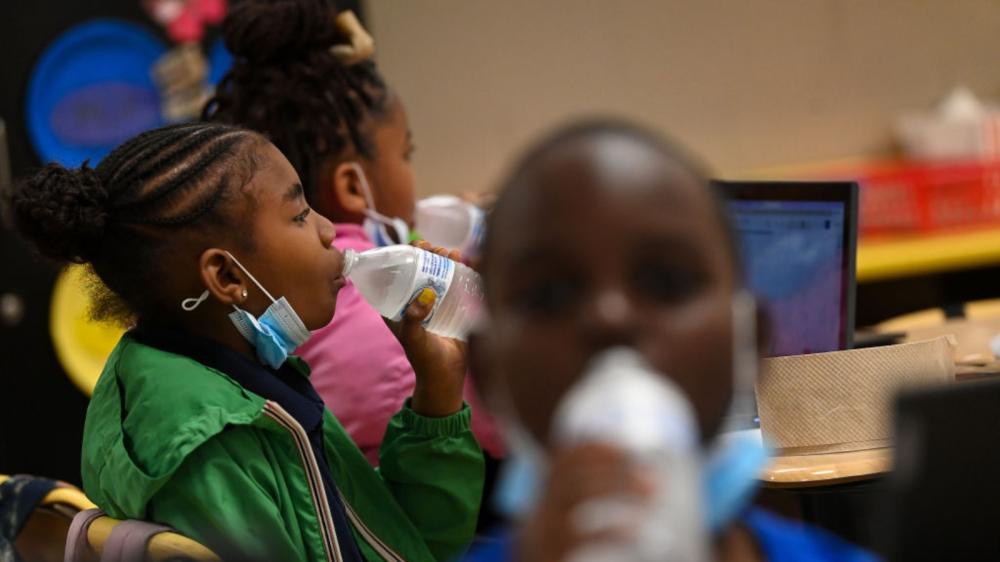
|
The ‘Doomsday Glacier’ is melting faster than scientists thought Miles of seawater are flowing under Thwaites Glacier, undermining an Antarctic ice sheet and threatening rapid sea level rise. By Sachi Kitajima Mulkey
The key to better climate outcomes? Respecting Indigenous land rights and autonomy. A new conservation study carries important implications for global climate targets. By Anita Hofschneider
As reservoirs go dry, Mexico City and Bogotá are staring down ‘Day Zero’ Cape Town, which beat a water crisis in 2018, holds lessons for cities grappling with an El Niño-fueled drought. By Jake Bittle
Landfills leak methane with impunity, new research shows “Something is wrong with the system.” By Naveena Sadasivam
Billions of people cook over open fires. Are gas stoves the solution? Last week in Paris, dozens of countries agreed to tackle harmful cooking methods — but sidestepped the controversial question of how to replace them. By Gautama Mehta
Microplastics are in human testicles. It’s still not clear how they got there. People eat, drink, and breathe in tiny pieces of plastics — but what they do inside the body is still unknown. By Joseph Winters
Small island nations get big climate victory in international maritime court Advocates say the ruling makes clear that complying with the Paris Agreement is not enough. By Anita Hofschneider
Thank you for reading Grist!
The Weekly is a Saturday newsletter. |
|







